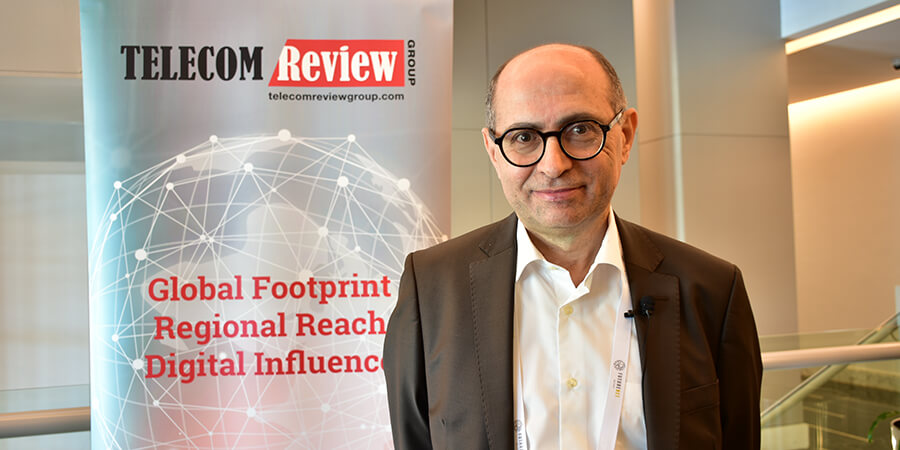In an exclusive interview with Telecom Review, Ooredoo Tunisia CTIO Hatem Mestiri talked about the concept of openness for telecom operators and how the company is focusing on attracting more partners to bring more innovation.
How does Ooredoo Tunisia harness the innovation required for its networks to cater to evolving customer demands?
What we are doing now is the disaggregation of our telco stack. What we did 10 years ago for IT, we are doing now for the telco stack. Why is that? To be able to do more partnerships, more innovation and more openness to our telecom network.
How are you expanding the infrastructure and services for Ooredoo Tunisia's customers and partners?
We are building the infrastructure for our customers and the customers of our partners. We are building the capacity. By disaggregating the telco stack, we are open to more partners that will lead us to deliver more innovative and flexible services for our customers.
Do you think the “open telco” approach will continue moving forward?
We don't have a choice, as this is the paradigm shift we are seeing. Either we open and leverage new business cases, or we are threatened with disappearing in the future. Today, openness is about freedom. And when we talk about freedom, it [means] more use cases to be built for the future. Either we move now, or we won’t survive.
Can you tell us about the business cases that Ooredoo Tunisia is working on to expand more in the future?
Some of the examples that we are doing now include opening our technology and digital infrastructure to our partners using APIs. But tomorrow, we will have new services like 5G network-as-a-service (NaaS). This is one of the use cases that will be dominant in the near future. Some hyperscalers are already providing this kind of service. As a traditional, legacy telecom operator, we have to be able to do the same. Otherwise, we would not be able to compete. We have to build something open for the future and start this from today.
What do you think the telecom industry will look like in Africa in the coming years, and how will Ooredoo Tunisia make a big difference in its growth?
I think the telecom business will look the same — whether it be in Europe, Asia or Africa. Despite that, the markets are not at the same level of readiness. For example, 5G for Tunisia is a good service focusing on the fixed wireless access (FWA) type of connectivity. In Europe or the Middle East, they have a high ratio of fiberization. Thus, they will probably not be able to leverage this business.
For Ooredoo Tunisia, we are pushing both fiber and fixed wireless solutions. That's why we need to work on this journey of openness and being able to onboard new partners to provide the new, best and [most] innovative services for our customers.
In line with Ooredoo’s brand promise of ‘Upgrading Your World’, what are the technological goals/objectives of Ooredoo Tunisia for 2023?
As I’ve mentioned, our mindset is focused on building the future, starting today. We have to build new strategies and new business cases.
As a group, Ooredoo was strong in different regions using the infrastructure provider model as the first paradigm. Now, we have to be open: to attract more partners, regionally and globally, and bring more innovation for a sustainable future.










